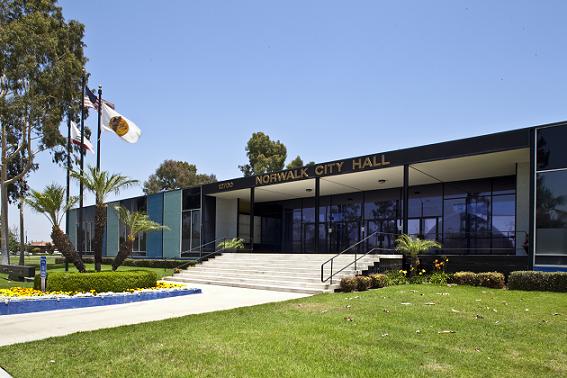Wave Wire Services
LOS ANGELES — A federal judge’s focus on systemic racism as the driving force behind the homelessness crisis in Los Angeles is beside the point of a closely watched federal lawsuit that seeks to force local government to quickly find shelter for thousands of indigent people living on downtown streets, lawyers for the city and county argue in newly filed court papers.
In an attempt to stop the judge’s April 20 order that requires all inhabitants of Skid Row to be offered shelter by the middle of October, the county and city of Los Angeles argue that the complaint lodged last year by a coalition of downtown residents and business owners does not allege a constitutional violation on the basis of race.
At a four-hour court hearing last week in which government officials and community members spoke, “nobody contested the existence of racism. Indeed, appellants acknowledged the obvious: it would be challenging, if not impossible, to find a societal dilemma in this country that is not impacted by racism. But that is not why the parties are in federal court,” according to the brief filed June 3 with the U.S. 9th Circuit Court of Appeals.
The appellate panel — which is considering whether to order a stay pending appeal of U.S. District Judge David O. Carter’s shelter order — had requested a supplemental briefing addressing whether last week’s proceedings had any impact on the issues presented in motions to freeze the decree.
Instead of clarifying the issues, Carter’s May 27 hearing “amplified, rather than mitigated, the need for a stay pending appeal,” appellants wrote in the 10-page brief.
During the Los Angeles federal court hearing, in which the judge showed slides of the devastation on Skid Row, Carter told the city and county to adhere to the previously issued October deadline even though he imposed an administrative stay of the injunction three weeks ago, the appellants pointed out.
“If a stay is not issued, appellants will be left scrambling to implement provisions in an injunction that advocates have warned will do more harm than good,” lawyers for the city and county wrote. “Given the court’s comments that it would not alter any deadlines, appellants will also face the dilemma of finding themselves in immediate contempt.”
Carter suggested city and county attorneys begin immediate settlement talks to resolve the year-old lawsuit brought by the L.A. Alliance for Human Rights — or deal with his timetable ordering that officials offer all Skid Row residents shelter opportunities within the next four months.
The appellants wrote that the hearing heightened other concerns.
“In putting on a presentation about how local government, in the district court’s view, has fallen short, the court reaffirmed its intention of using the preliminary injunction to serve as the ‘homeless czar’ in Los Angeles. But there is no legal basis for such an intervention in this case; the court is not an elected official or a policy expert, and is substituting its judgment for the judgment of those who are.”
The city and county further argued that Carter used the hearing as a “platform for the district court to reiterate its concerns about homelessness, express its frustrations with the current state of affairs and confirm its intention to take over the operations and finances of appellants’ municipal efforts to address homelessness in Los Angeles.”
In a minute order filed after the hearing, Carter left the mandatory injunction — and what the city and county called the judge’s “purported factual findings” — in place.
Carter wrote in the order that “structural racism in the form of freeway construction, eminent domain, exclusionary zoning, redlining and unequal access to shelter and affordable housing was a driving force behind Los Angeles’ homelessness crisis.”
However, the appellants counter, “not one of these allegations of racism is alleged in the complaint.”
It was not known when the appeals court would issue its ruling.
“Structural racism in the form of … unequal access to shelter and affordable housing was a driving force behind Los Angeles’ homelessness crisis.”











